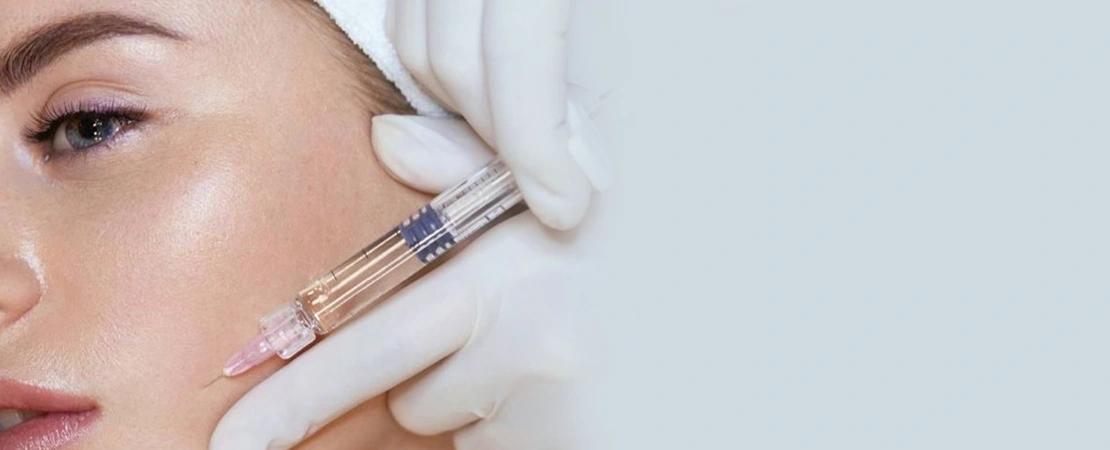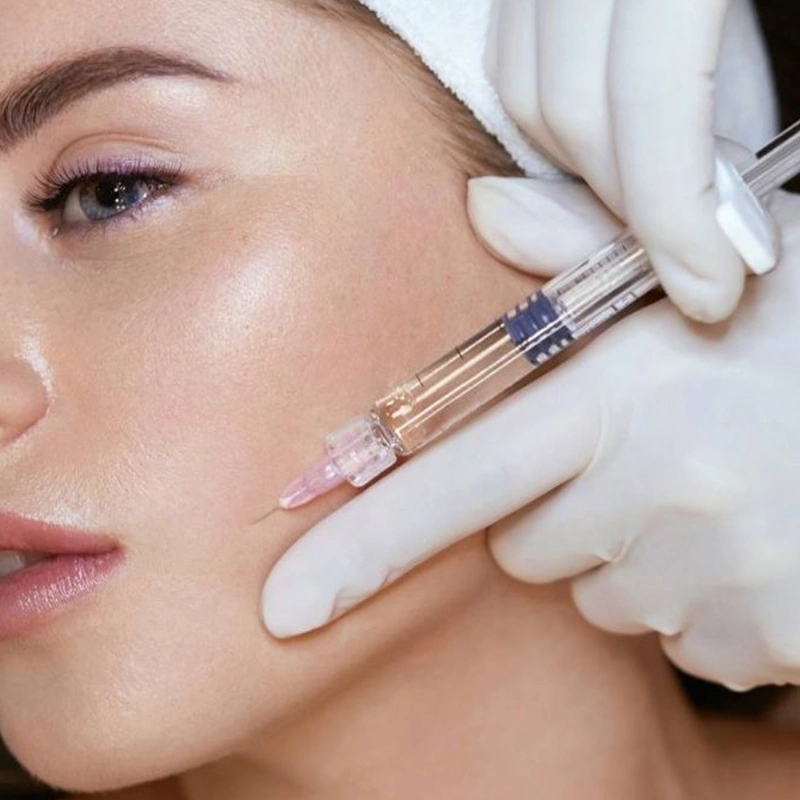Platelet Rich Plasma (PRP) Injection


What is a PRP treatment?
A PRP facial treatment is a more natural cosmetic treatment that involves injecting platelet-rich plasma (PRP) into the face. PRP is a component of blood that contains growth factors and other proteins that promote healing on a cellular level. When injected into the skin, PRP can help improve texture and tone, reduce wrinkles, and encourage new collagen growth. PRP can also be used as an effective treatment for hair restoration. And those in sports medicine use it to treat injuries.
The Science behind PRP
As part of the body’s natural healing ability, platelets and other components in human blood migrate to the point of care. Platelets are well known to release numerous growth factors that respond to tissue injury to initiate and promote conditions for healing.
Frequently Asked Questions
How does it work?
A small sample of blood is taken from your arm, exactly like having a routine blood test. The blood is then centrifuged, and 10 minutes later, the PRP has been separated from the whole blood and is ready for use.
How many treatments are required?
This will be dependent on your individual situation and treatment desired. Often,
PRP treatment is performed in a series of three sessions, 3-6 weeks apart. Maintenance treatments are recommended every 6-12 months for optimal, long-lasting results. Book a free consultation and discuss your treatment plan with our Dr. Gouws.
What is the difference between PRP and dermal fillers?
Dermal filler is a foreign material designed to give volume and fill up lines in a specific area. PRP can improve skin complexion, treat dermalogical conditions and reduce the appearance of wrinkles.
Can this treatment be used in conjunction with other treatments?
Clinical evidence has shown that combining. PRP with other rejuvenation techniques, such as fillers, mesotherapy, laser treatments and microneedling, induces a synergistic beneficial effect.
Are there side effects?
PRP treatment is generally well-tolerated. The most common side effects include local irritation or redness and mild to moderate swelling.
Consult Dr. Gouws if you have any questions or concerns.


